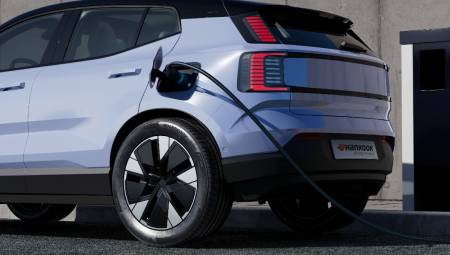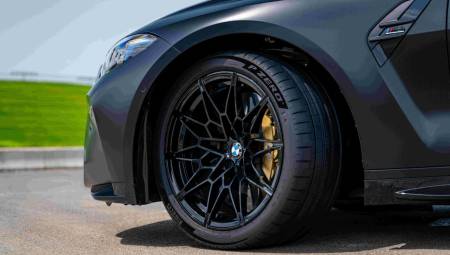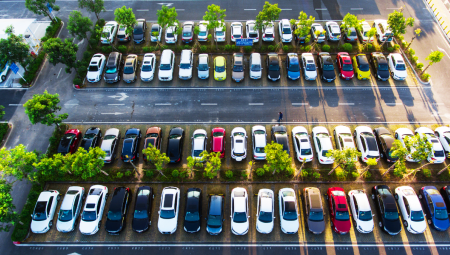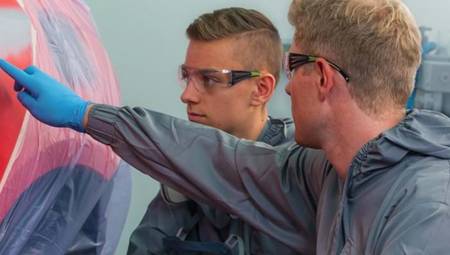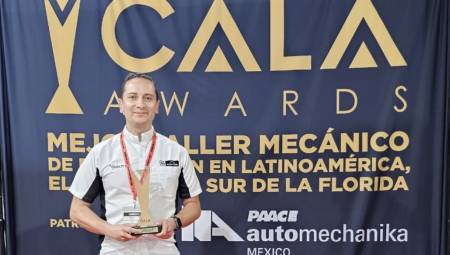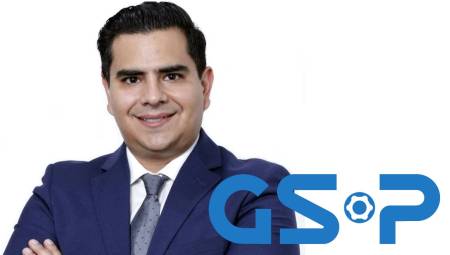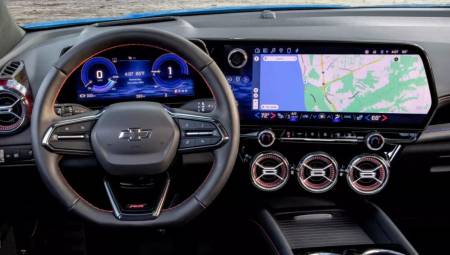North America. BMW, General Motors, Honda, Hyundai, Kia, Mercedes-Benz and Stellantis want to develop, from 2024, a public network with more than 30,000 high-power charging points in the United States and Canada.
In 2017, Ionity was born, a company belonging to a conglomerate of five automotive manufacturers, responsible for creating a high-power public charging network on European roads. Initially it started with the Daimler groups (today Mercedes-Benz AG), Volkswagen, BMW and Ford, and in 2020 the Hyundai Group joined, who saw the need to invest in an area that would help to massify electric vehicles.
Ionity currently has an extensive high-power charging network on highways in 24 European countries, as well as multi-point stations with charging capacity of up to 350 kW for ultra-fast charging and with the European CCS standard, to make it compatible with electric models of all brands.
Well, this action will be replicated, but this time in North America, after the automotive groups BMW Group, General Motors, Honda, Hyundai, Kia, Mercedes-Benz and Stellantis announced the constitution of a joint venture aimed at creating a high-power charging network.
The objective is to install at least 30,000 high-power charging points in urban areas and roads, which, as happened in Europe, will improve the customer experience, facilitate recharging work and help to massify electrification.
In its statement, the group indicates that the charging stations will provide access to all electric vehicle customers and will offer CCS (Combined Charging System) and NACS (North American Charging Standard) connectors, with summer 2024 as the planned date to inaugurate the first charging points in the United States; that is, within a year, and then continue in Canada.
This new high-power charging network, which will compete with Tesla's network (which makes alliances with other brands to favor its network), will improve the experience of using electric vehicles and boost their adoption, "offering a fluid charging experience, integrated in the vehicle, based on renewable energies and backed by quality, the reliability and resources of the world's leading automakers."
As with Ionity in Europe, the stations will be located in convenient access locations and will include complementary services, such as toilets, restaurants and shops. The services can be managed from dedicated applications, which will allow reservations, navigation and intelligent route planning, with payment and energy management applications, among others.
According to data from the U.S. Department of Energy, there are 32,000 publicly accessible DC fast charging points in the United States, serving 2.3 million electric vehicles, a ratio of 72 vehicles per charger.
The Renewable Energy Laboratory estimates that some 182,000 fast chargers will be needed to service the estimated 30-42 million plug-in vehicles on the road by 2030.




